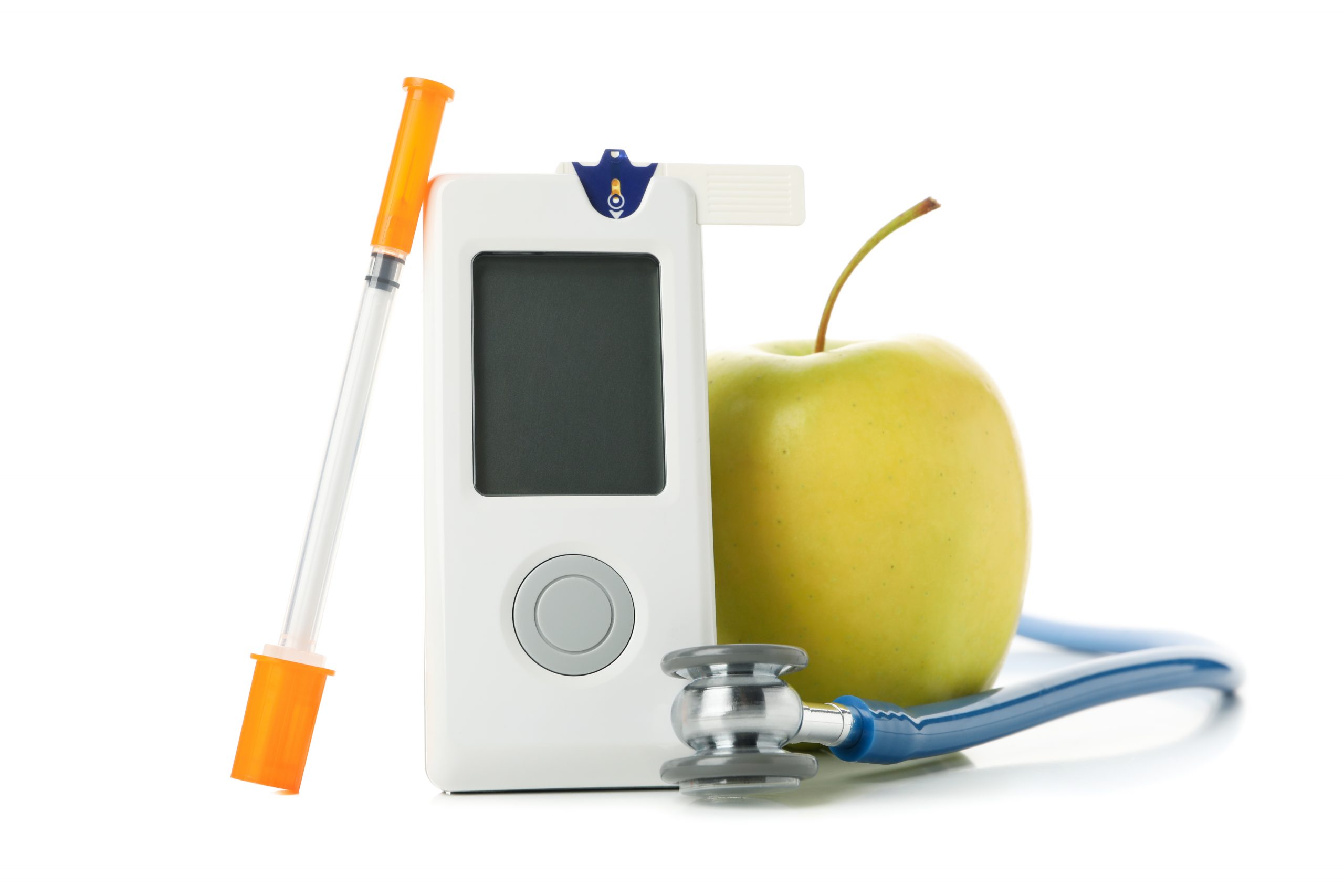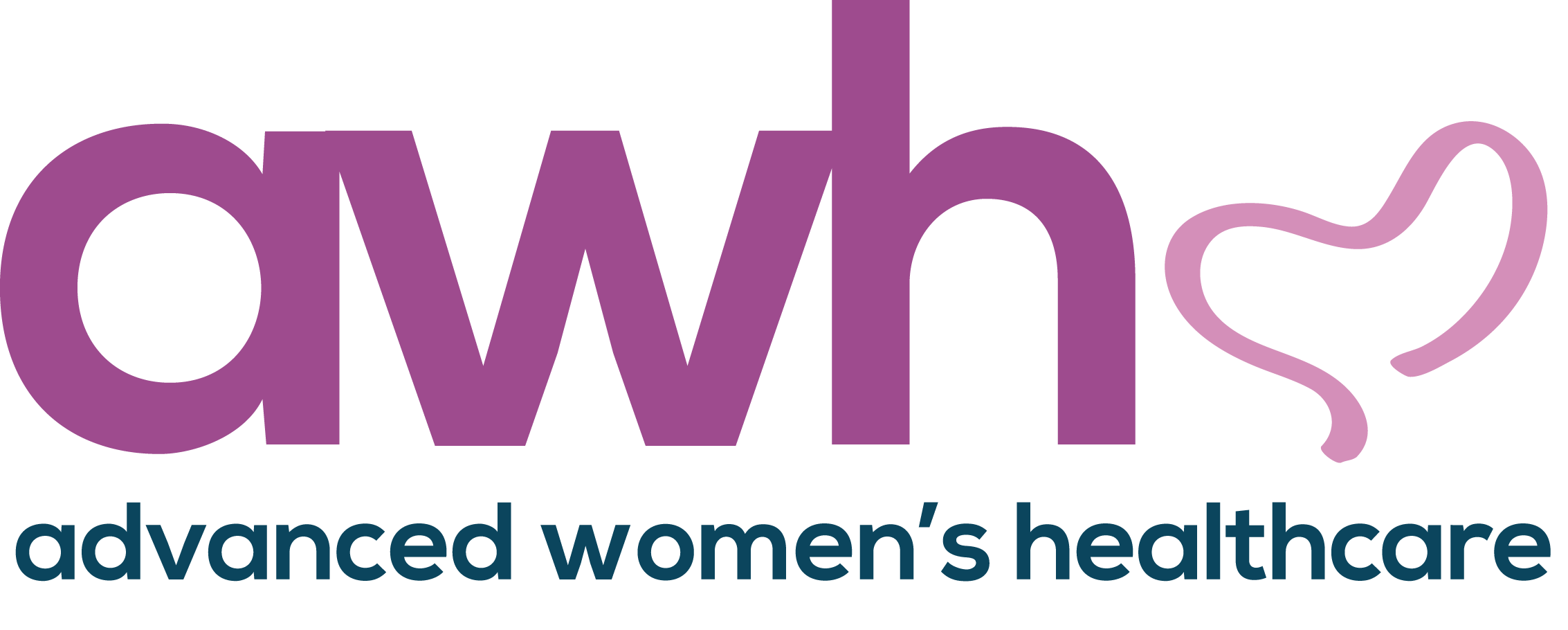Some women have a greater risk of developing gestational diabetes.
All expecting mothers dream of having a perfect, flawless pregnancy and giving birth to a healthy, beaming new baby. Unfortunately, different conditions may arise that require extra care and monitoring to protect the baby and mom.
Gestational diabetes is a form of diabetes that is diagnosed for the first time during pregnancy, or gestation. It typically occurs in the middle of pregnancy, and most doctors test for it between 20 and 24 weeks.
Like other types of diabetes, gestational diabetes affects how cells use sugar, also called glucose. Gestational diabetes causes high blood sugar that can affect your pregnancy and your baby’s health.
Gestational diabetes can often be controlled with a healthy diet and exercise. Some women may also need to take insulin. Controlling blood sugar will keep your baby healthy and prevent a difficult birth.
While some women with gestational diabetes experience increased thirst and more-frequent urination, most women don’t experience any noticeable signs or symptoms.

Gestational Diabetes Can Equal A Big Baby
What makes birth more difficult for a woman with gestational diabetes? Diabetes that isn’t held in control causes the baby’s blood sugar to be high. Essentially the baby is overfed in the womb and can grow extra large. This not only causes discomfort for the mother in the last few months of pregnancy, it can also lead to problems during delivery for both mother and baby. This might require a C-Section for safe delivery of the baby. In this case, it will take the mother longer to recover than from a vaginal birth.
Furthermore, the baby might be born with nerve damage due to pressure on the shoulder during pregnancy, as well as raising the risk for an early (preterm) birth, breathing difficulties for the baby, and hypoglycemia (low blood sugar). Hypoglycemia can be very serious, and even fatal, if it’s not treated quickly. Seriously low blood sugar can be avoided if women watch their blood sugar closely and treat it early. If a woman’s diabetes is not well controlled during pregnancy, the baby can quickly develop low blood sugar after birth and must be watched for several hours after delivery.
High Blood Pressure During Pregnancy
Preeclampsia is a pregnancy complication characterized by high blood pressure and damage to other organs, usually the liver or kidneys.
High blood pressure is harmful for both the woman and her unborn baby. It could lead to early birth (preterm) and could also cause seizures or a stroke in the mother during labor and delivery. Women with diabetes are more likely to have high blood pressure than those without.
Risk Factors for Gestational Diabetes
Some women have a higher risk of developing gestational diabetes. These risk factors include:
- Obesity
- Lack of physical activity
- Previous gestational diabetes or prediabetes
- Polycystic ovary syndrome
- Diabetes in an immediate family member
- Previous delivery of a baby weighing more than 9 pounds
- Race — Women who are Black, Hispanic, American Indian and Asian American have a higher risk of developing gestational diabetes.
5 Tips from the CDC for Coping with Gestational Diabetes
The CDC offers these five suggestions for women diagnosed with gestational diabetes:
- Eat Healthy Foods — Use a meal plan specifically designed for managing diabetes.
- Exercise Regularly — Regular exercise helps to control blood sugar by balancing food intake.
- Monitor Blood Sugar — Blood sugar levels can change often during pregnancy. Check your blood sugar often.
- Take Insulin, as needed — If insulin is ordered by your doctor, take it as directed.
- Get Tested for Diabetes after Pregnancy — “For most women with gestational diabetes, the diabetes goes away soon after delivery. When it does not go away, the diabetes is called type 2 diabetes. Even if the diabetes does go away after the baby is born, half of all women who have gestational diabetes develop type 2 diabetes later.”
As always, contact us today if you are pregnant or planning to get pregnant. If you have any questions about your pregnancy or your risk factors for gestational diabetes, we are here for you.





